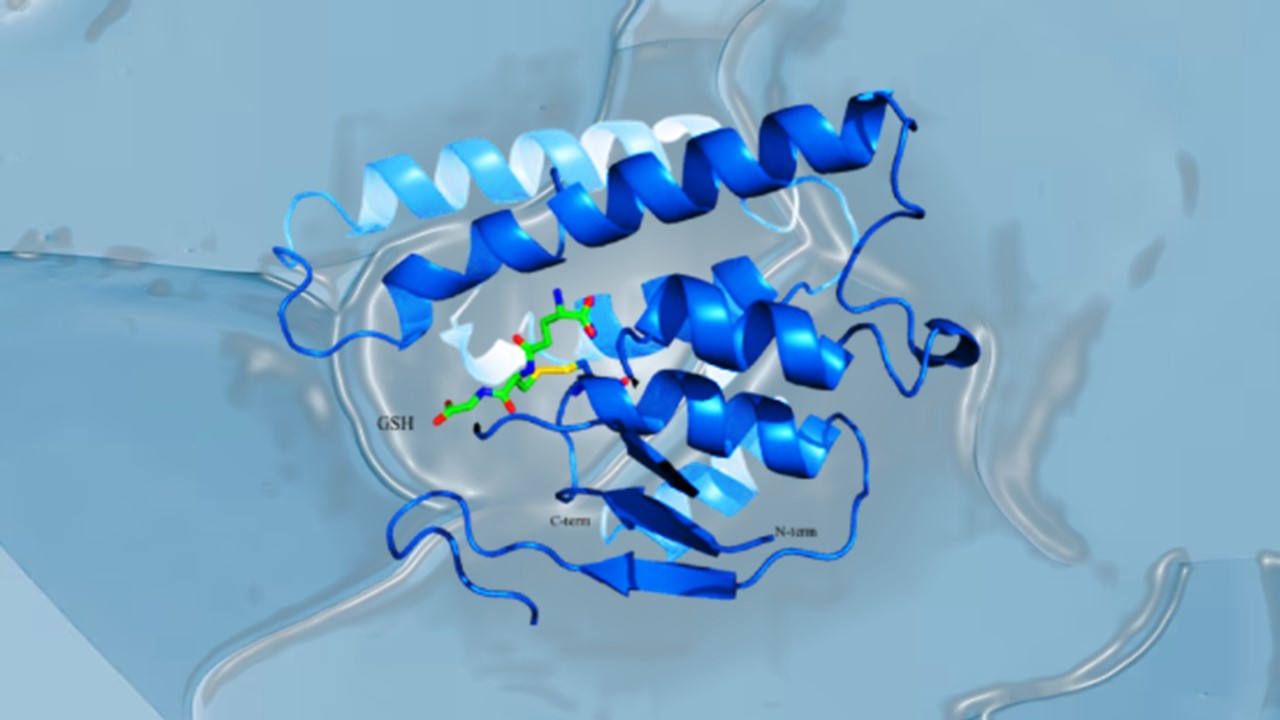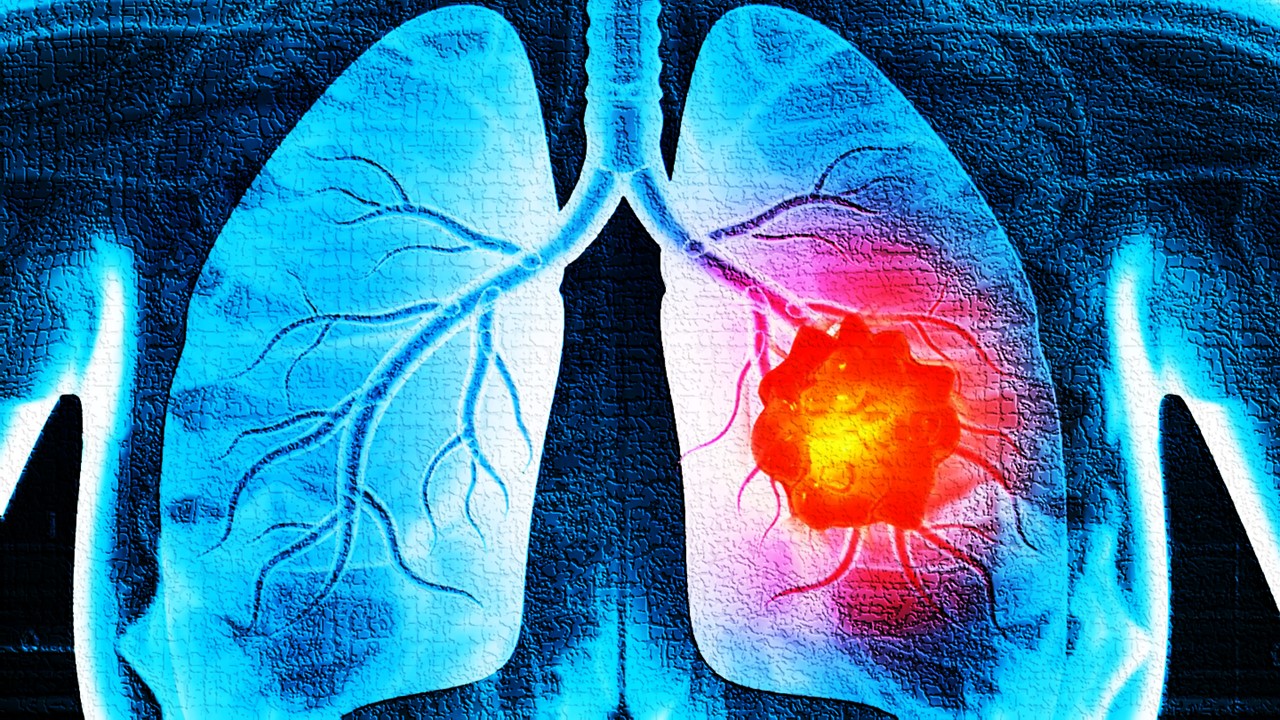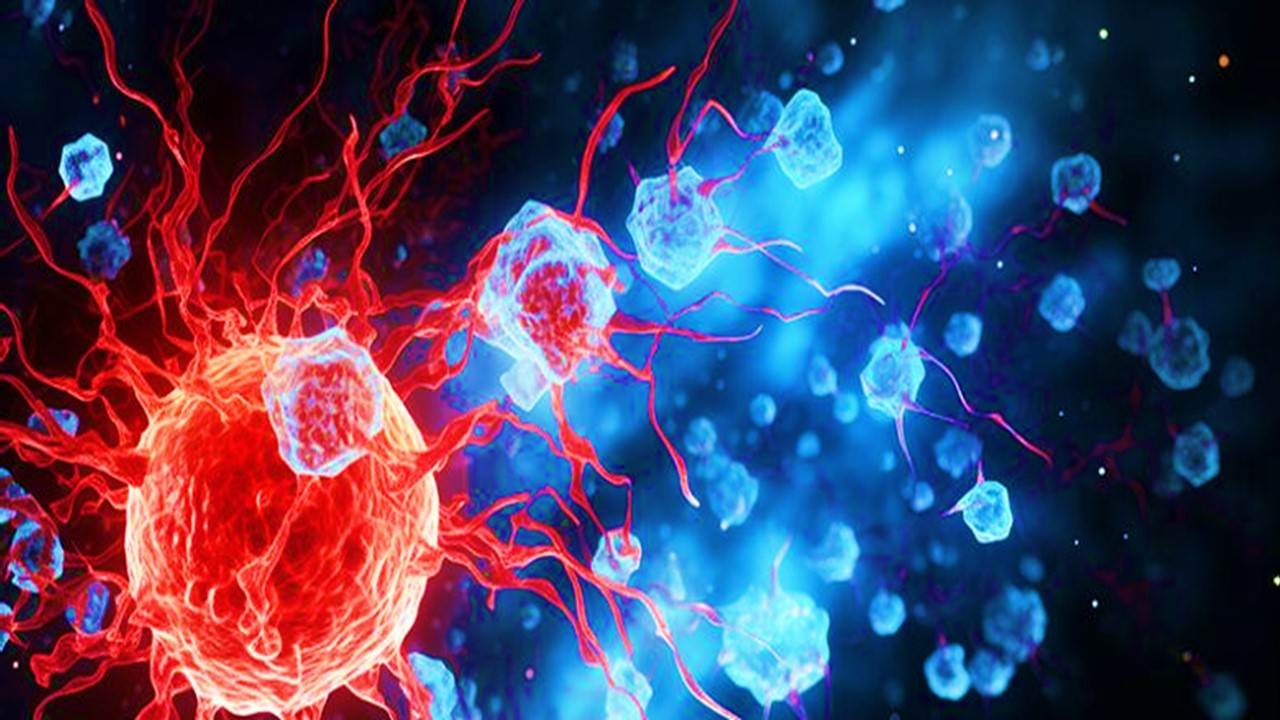In a significant move to strengthen its position in the immuno-oncology (I-O) space, Coherus BioSciences has entered into a definitive merger agreement to acquire Surface Oncology, a clinical-stage biotechnology company. The deal, valued at $65 million, will grant Coherus BioSciences access to Surface Oncology’s promising assets, SRF388 and SFR114, thereby expanding its I-O pipeline. This acquisition aligns with Coherus BioSciences’ strategic vision of addressing critical unmet medical needs through the development of next-generation immunotherapies.
Acquisition Details
Coherus BioSciences will purchase all outstanding shares of Surface Oncology at a price of $5.2831 per share, amounting to approximately $40 million. Additionally, Coherus BioSciences will assume anticipated net cash of between $20 and $25 million, further bolstering the financial aspects of the deal. The transaction is expected to be finalized during the third quarter of 2023, pending regulatory approvals.
Surface Oncology’s Clinical Stage Assets
The acquisition of Surface Oncology grants Coherus BioSciences access to two key clinical-stage assets:
SRF388. Coherus BioSciences gains access to SRF388, a novel IL-27-targeted antibody currently undergoing Phase II clinical trials. This antibody is being evaluated both as a monotherapy and in combination with checkpoint inhibitors to treat lung cancer and liver cancer. The inclusion of SRF388 in Coherus BioSciences’ portfolio enhances their ability to develop innovative treatment options for these challenging malignancies.
SFR114. Surface Oncology’s CCR8 antibody, SFR114, is another valuable addition to Coherus BioSciences’ I-O pipeline. SFR114 is currently being assessed as monotherapy in Phase I/II trials involving patients with advanced solid tumors. The inclusion of SFR114 complements Coherus BioSciences’ existing research efforts, contributing to their goal of developing therapeutics that target immune-suppressive mechanisms within the tumor microenvironment.
Expanding Treatment Options
Coherus BioSciences has ambitious plans for its newly acquired assets. With the imminent approval of its anti-PD-1 antibody, toripalimab, for the treatment of nasopharyngeal carcinoma, Coherus BioSciences is poised to become a key player in the I-O market. In addition to the launch of toripalimab, the company aims to evaluate the potential of Surface Oncology’s SRF388 and SFR114 as standalone therapies and in combination with toripalimab for various tumor types, including head and neck cancer and lung cancer. This comprehensive approach demonstrates Coherus BioSciences’ commitment to addressing the diverse needs of patients by exploring novel treatment combinations and expanding their treatment options.
Strategic Outlook
Denny Lanfear, Chairman, and CEO of Coherus BioSciences, expressed enthusiasm regarding the acquisition, stating that the timing aligns perfectly with the company’s growth trajectory. Lanfear highlighted the accelerating biosimilar revenues driven by the successful launch of CIMERLI™ (ranibizumab-eqrn) and the upcoming launch of YUSIMRY™ (adalimumab-aqvh). The acquisition of Surface Oncology, combined with the anticipated approval of toripalimab, positions Coherus BioSciences as one of the few I-O companies with demonstrated commercial expertise, significant product revenues, and a robust research and development pipeline targeting critical unmet medical needs.
About Coherus BioSciences
Coherus BioSciences is driven by a mission to enhance patient access to essential and affordable medications while generating substantial savings for the U.S. healthcare system. The entire Coherus team exhibits unwavering dedication, unwavering motivation, and a profound commitment to broadening patient access to life-saving therapeutics. Within the organization, each colleague possesses specialized expertise in analytical and process sciences, extensive experience in clinical development and regulatory affairs, as well as a track record of success in commercial and marketing endeavors. The collective efforts of every individual at Coherus BioSciences are guided by a shared commitment to upholding the highest standards, inspiring one another, and achieving the company’s objectives.
A decade ago, Coherus BioSciences was established with a clear vision—to provide patients with the highest caliber of biosimilar treatments. Today, the company takes immense pride in expanding its legacy, leveraging its previous success with biosimilars, and directing its core competencies toward the field of immuno-oncology.
About Surface Oncology
The team at Surface Oncology is united by a common purpose—to achieve groundbreaking advancements in immuno-oncology research and revolutionize the outcomes for individuals battling cancer. Their robust portfolio encompasses a diverse range of clinical and preclinical immune-enhancing antibody candidates, strategically designed to target both the innate and adaptive components of the immune system. By doing so, Surface Oncology endeavors to provide patients and their families with truly transformative therapies.
Driven by an unwavering commitment to those suffering from cancer and lacking effective treatment options, Surface Oncology continuously pushes the boundaries across all facets of its work. They have set an exceptionally high standard for potential patient impact at every stage of development. Furthermore, they focus their efforts on investigating the most crucial targets using validated technologies. To expedite decision-making processes and maximize the benefits for their overall portfolio, Surface Oncology leverages multiple platforms that enable swift and informed choices. At the heart of their operations lies an energetic and highly collaborative culture, fostering an environment of collective learning where ideas are shared and nurtured.
Subscribe
to get our
LATEST NEWS
Related Posts

Immunology & Oncology
The Silent Guardian: How GAS1 Shapes the Landscape of Metastatic Melanoma
GAS1’s discovery represents a beacon of hope in the fight against metastatic disease.

Immunology & Oncology
Resistance Mechanisms Unveiled: The Role of Glutathione S-Transferase in Cancer Therapy Failures
Understanding this dual role of GSTs as both protectors and accomplices to malignancies is central to tackling drug resistance.
Read More Articles
Myosin’s Molecular Toggle: How Dimerization of the Globular Tail Domain Controls the Motor Function of Myo5a
Myo5a exists in either an inhibited, triangulated rest or an extended, motile activation, each conformation dictated by the interplay between the GTD and its surroundings.
Designing Better Sugar Stoppers: Engineering Selective α-Glucosidase Inhibitors via Fragment-Based Dynamic Chemistry
One of the most pressing challenges in anti-diabetic therapy is reducing the unpleasant and often debilitating gastrointestinal side effects that accompany α-amylase inhibition.













